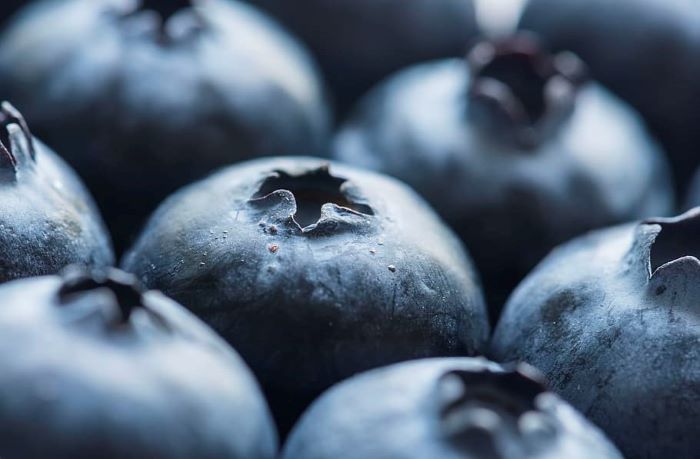
Our eyes, one of the most critical organs, are often overlooked when considering general health and wellness. However, protecting your eyesight is paramount. Today, with increasing screen time and exposure to harmful blue light, it’s more vital than ever to nourish our eyes with the best nutrients. One effective way to combat eye deterioration is through a diet rich in antioxidants. Antioxidants play a pivotal role in maintaining eye health and possibly reducing the risk of age-related macular degeneration.
Speaking of maintaining eye health, there’s a buzz around a new supplement that’s making waves in the market. The TheyaVue Vision Supplement promises a formula brimming with powerful ingredients for optimal eye care. But first, let’s dive into foods that can be your eyes’ best friend.
1. Blueberries
Rich in antioxidants and vitamin C, blueberries can reduce the risk of cataracts, glaucoma, heart diseases, and more. They also improve night vision, strengthening the blood vessels in the back of the eyes.

2. Spinach and Kale
Both these leafy greens are loaded with lutein and zeaxanthin, powerful antioxidants that can prevent macular degeneration and cataracts. Integrating them into your diet can also improve overall eye health.
3. Sweet Potatoes
Packed with beta-carotene, these not only improve your eyesight but also prevent eye diseases. An article on how to improve your night vision mentions the significance of beta-carotene in enhancing low-light vision.
4. Walnuts
Omega-3 fatty acids and antioxidants present in walnuts protect against age-related deterioration and keep the eyes functioning correctly.
5. Oysters
High in zinc, oysters boost the levels of melanin, a protective pigment in the eyes, and potentially prevent age-related macular degeneration.
6. Oranges
Full of vitamin C, oranges and other citrus fruits help in reducing the risk of macular degeneration and cataracts.
7. Seeds
Chia seeds, flaxseeds, and hemp seeds are rich in Omega-3, which is beneficial for visual development and retinal function.
Integrating these foods into your daily diet can work wonders for your eye health. However, for those who may not have consistent access to these foods or prefer a more concentrated dose of eye-healthy nutrients, supplements, like the one mentioned earlier, are worth considering.
To bolster not only your eyes but overall health, incorporating a balanced diet is essential. For instance, if you’re looking to branch out in your culinary journey, consider exploring these 4 amazing Thai recipes that not only tantalize your taste buds but also promise a health boost.
Remember, maintaining eye health requires a combination of a balanced diet, regular check-ups, and protection against harmful rays. By taking proactive steps today, you ensure a clearer vision for the future.
The Role of Hydration in Eye Health

Water, the elixir of life, plays an often understated role in maintaining our visual health. Proper hydration ensures that our eyes remain lubricated, decreasing the chances of dry eyes, a condition that can lead to discomfort and even blurred vision. Moreover, drinking enough water aids in eliminating toxins from our body, reducing the chance of inflammation or infection in the eyes. If you ever experience dryness or a gritty sensation in your eyes, consider upping your water intake. It’s a small change, but one that can make a world of difference to your ocular comfort.
Exercise and Its Impact on Vision

Physical activity, while predominantly associated with heart health and weight management, is surprisingly beneficial for our eyes too. Regular exercise can help prevent certain adverse eye conditions and diseases, including glaucoma. The reduction in intraocular pressure due to exercise aids in fluid drainage in the eye, lowering the risk of high eye pressure and glaucoma. Aerobic exercises such as walking, running, and cycling are especially beneficial. While it’s important to prioritize fitness for numerous reasons, its contribution to better vision provides another compelling reason to remain active.
The Significance of Sleep in Ocular Wellness

In today’s fast-paced world, sleep often takes a back seat. However, adequate rest is vital for our overall health, especially our eyes. Sleep offers the eyes a much-needed break, allowing them to repair and recover from the day’s stresses. Chronic sleep deprivation can lead to conditions such as dry eyes, twitching, and even blurry vision. It’s not just about quantity but also the quality of sleep. Ensuring you get a deep, uninterrupted sleep cycle allows the eye muscles to relax fully and the cells to regenerate, leading to brighter and healthier eyes.
